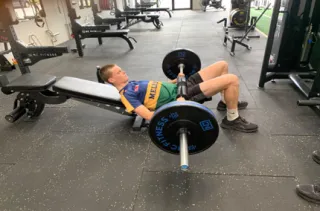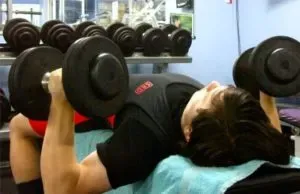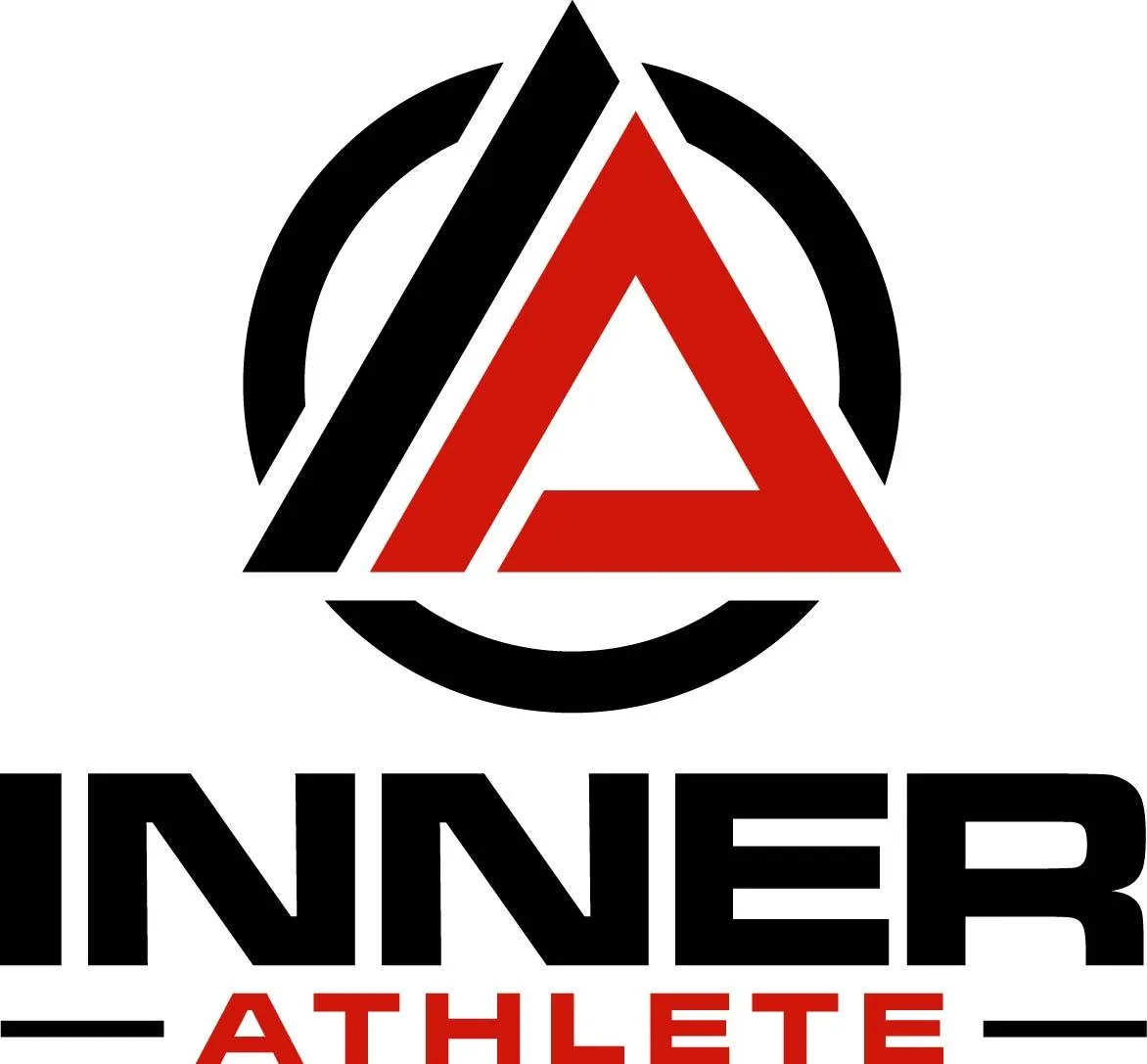UNIT 13, 49 GRANGE ROAD, CHELTENHAM, MELBOURNE, VICTORIA, 3192
Inner Athlete Blog
Myth: Strength training will stunt your growth during childhood and adolescence
It can be tough to distinguish what sources of information are reliable in health and fitness, especially for youth athletes and strength training. ...more
Youth Athlete Development
July 23, 2024•3 min read

The Effects of Strength Training on Your Well Being - Part 2
Beside gaining more muscular strength and size strength training has numerous health related benefits including, boosting energy levels and mood, improved sleep and burning more calories ...more
Youth Athlete Development
July 16, 2024•3 min read

The Effects of Strength Training on Your Well Being - Part 1
Beside gaining more muscular strength and size strength training has numerous health related benefits including, boosting energy levels and mood, improved sleep and burning more calories ...more
Youth Athlete Development
July 09, 2024•2 min read

What You Need to Know to Overcome Occupational Lower Back Pain
Learn how to overcome lower back pain that affects so many people. ...more
Youth Athlete Development
July 02, 2024•2 min read

The Importance of Sleep on Your Health and Well-Being
Learn the importance sleep has on your health and wellbeing as well as how many hours you should be sleeping. ...more
Youth Athlete Development
June 25, 2024•3 min read

The Dangers of Kids Training Unsupervised in the Gym
What grinds our gears about kids joining the gym with little to no coaching or proper supervision is that strength training is a skill like any other. ...more
Youth Athlete Development
June 25, 2024•2 min read

Book A Free Consultation
By providing your number you consent to receive marketing/promotional/motification messages from Inner Athlete. Opt-out anytime by replying STOP. Msg & Data rates may apply
Apply Today
Lorem ipsum dolor sit amet, consectetur adipiscing elit, sed do eiusmod
STEP 1
Submit Your Application
Lorem ipsum dolor sit amet, consect adipiscing elit, sed do eiusmod tempor incididunt ut labore et dolore
STEP 2
Go Through The Interview Process
Lorem ipsum dolor sit amet, consect adipiscing elit, sed do eiusmod tempor incididunt ut labore et dolore
STEP 3
Start Coaching
Lorem ipsum dolor sit amet, consect adipiscing elit, sed do eiusmod tempor incididunt ut labore et dolore
Contact Us
Email
[email protected]
Address
13/49 Grange Rd, Cheltenham 3192 (opp. DFO)
Phone 0483 956 560
Follow Us
